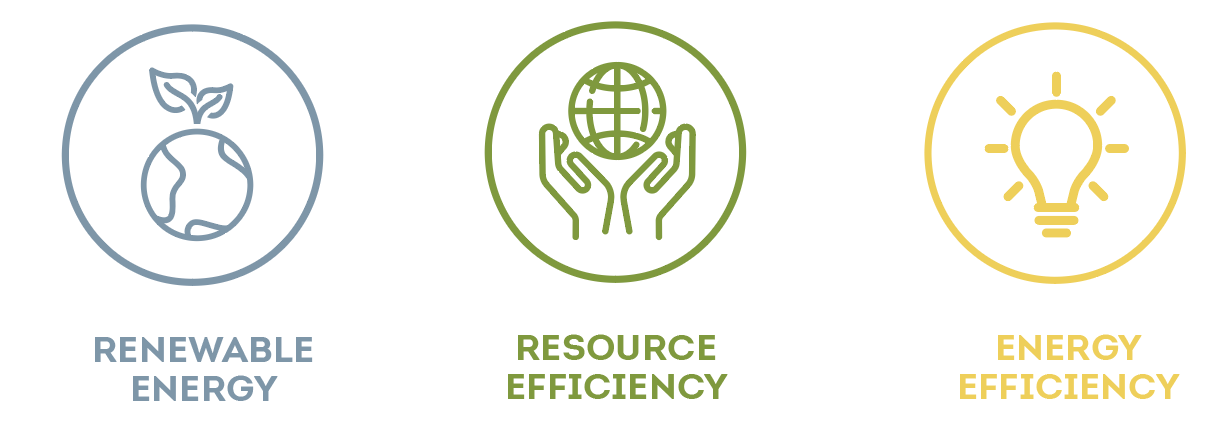FFG CLEANTECH II
This is a marketing communication. Please refer to the FFG Fund prospectus and the KID on www.fundsforgood.eu before making any final investment decision. This document does not constitute any contractual document or investment advice.
Investment Manager
Capricorn Partners is an independent manager of equity and venture capital funds, investing in companies with technology as a competitive advantage. Capricorn Partners est basé à Louvain, Belgique, et est reconnu par la FSMA.
Yves Vaneerdewegh & Olaf Coerper – Investment Managers at Capricorn Partners – manage the fund. Both Yves and Olaf have 30 years of experience in asset management with a focus on high growth companies involved in clean technology.
Management company
Formed in 2021 from the merger of DMS, MontLake and MDO, Waystone has over 20 years of experience in providing institutional governance, risk and compliance services to the asset management industry. Waystone is now a leading player in the industry.
INVESTMENT OBJECTIVES & POLICY
The fund aims to achieve long-term capital growth. It is actively managed without regard to a benchmark and invests mainly in equities of companies active in Cleantech technologies. The concept ‘cleantech’ encompasses all products and services that enable cleaner and more efficient use of natural resources such as energy, water, air and commodities. In addition, each company the fund invests in, contributes to at least one of the following three themes:

Renewable energy coming from natural sources that are not finite (sun, wind, hydro, etc.).
Resource efficiency means the sustainable use of natural resources to reduce our footprint on the environment.
Energy efficiency is a way of managing and limiting our energy consumption. A technology is energy efficient if it offers additional services with the same energy consumption, or if it provides the same level of services with less energy consumption.
general information
| Launch of the strategy | 01/09/2021 |
| Type of fund | Equities |
| Currency | EURO |
| Domicile | Luxemburg |
| MANCO | Waystone Management Company (Lux) |
| Manager | Capricorn Partners |
| Legal status | Sicav |
| Liquidity | Daily |
| Publication NAV | BEAMA |
| Custodian Bank | Banque de Luxembourg |
| Country of registration | BE, LU, FR, ES |
| Minimum investment | 1 unit |
| Duration of the fund | Unlimited |
| Transfer Agent | EFA |
| Auditor | PwC |
RESPONSIBLE INVESTMENT POLICY
The sub-fund is categorised as a financial product promoting environmental and/or social characteristics as described in Article 8 of the “SFDR” regulation. Although it does not have a sustainable investment objective, the sub-fund will contain a minimum of 51% of sustainable investments. These environmental and/or social characteristics are implemented in the investment strategy through a thematic approach focusing on shares of so-called “Cleantech” companies, as mentioned above. In addition, the issuers of the securities held by the sub-fund meet certain sustainability criteria* defined by Funds For Good in its “Responsible Investment Policy”. These sustainability criteria include the exclusion of certain issuers, either because they are or have been subject to serious sustainability controversies or because the economic activities from which they derive their income could have a negative impact on sustainability factors. Further information on sustainability, the Funds For Good “Responsible Investment Policy” and the exclusion list can be found at www.fundsforgood.eu/bibliotheque-documents.
The Fund is a Towards Sustainability Label holder, an initiative to which Funds For Good is also a signatory. The aim of the Towards Sustainability label is to ensure that labelled products meet a minimum level of sustainability, as measured by the Towards Sustainability quality standard, and to provide relevant and useful information to help you determine whether the policy of a particular product is in line with your personal beliefs. The award of this label does not mean that the fund meets your own sustainability objectives or that the label meets the requirements of future national or European rules. For more information on this subject, see www.fsma.be/fr/finance-durable.
*The sustainability criteria are certified by the “Towards Sustainability” label. The assessment of the sustainability criteria is carried out by the manager, Capricorn Partners.
RISK CLASS

Risk & reward indicator: 4.
The risk & reward indicator is 4, as the value of the share may change significantly and therefore the risk of loss and the potential gain may be high. Historical data, such as that used to calculate this indicator, may not be a reliable indication of the future risk profile of the fund. There is no guarantee whatsoever that the risk indicator will remain unchanged, so it may change over time.
What does the synthetic risk & reward indicator represent?
Expressed on a scale from 1 (low risk with potentially lower return) to 7 (high risk with potentially higher return), the risk & reward indicator prescribed by law is determined on the basis of the fund’s volatility or sensitivity to the market. It reflects the fact that investments made in this sub-fund are subject to market fluctuations and the risks inherent in investments in securities. The value of investments and the income they generate can rise and fall and investors may not recover their initial investment. The sub-fund described above involves a risk of capital loss. The repayment of the initial investment is not guaranteed. The lowest category is not a risk-free investment. This risk indicator is also included in the “Key Investor Information” document. The figure is calculated for an investor in euros.
Which important risks are not adequately addressed by the synthetic indicator?
• Investing in shares involves counterparty risk in the sense that the issuing company may go bankrupt. This entails the risk of a significant or even total loss of the value of the investment made in these securities..
• Where a significant proportion of investments are made in financial instruments which are by nature sufficiently liquid, but nevertheless likely’ in certain circumstances’ to have a relatively low level of liquiditý this may, where appropriate, have an impact on the liquidity risk of the sub-fund as a whole.
• The investment by the sub-fund in emerging markets is exposed to the risk of political, regulatory, financial or fiscal instabilities or uncertainties which may adversely affect the value of such investments or even call into question the sub-fund’s right of ownership.
• The sub-fund may invest directly or indirectly in (convertible) bonds. Investment in Debt Securities involves a credit risk. If the issuer of a (convertible) bond is unable to pay the interest or repay the face value on time, this may result in a total or partial loss of value of the (convertible) bond. The downgrade of an issuer’s creditworthiness may also lead to a total or partial decrease in the value of the (convertible) bond.
There may be other risk factors which an investor should consider in light of their personal circumstances and particular present and future circumstances. Further information regarding the risks of investing in the sub-fund is set out in the Key Investor Information document and in the relevant section of the fund’s prospectus available from the management companý and on the website www.waystone.com.

